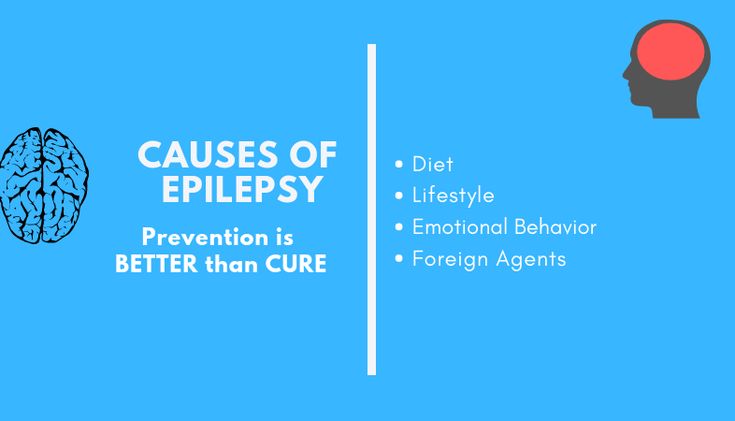
Epilepsy is a neurological condition that affects millions of people worldwide, often characterized by recurrent, unprovoked seizures. While it is commonly associated with genetic factors or brain injury, certain lifestyle choices, dietary habits, emotional behaviors, and foreign agents can play a significant role in triggering or exacerbating the condition. Understanding these potential causes is key to managing and reducing the risk of seizures.
1. Lifestyle and Epilepsy
There is a big difference in brain activity depending on our everyday routines. In people predisposed to epilepsy, irregular sleep patterns, excessive use of stimulants (like caffeine), and prolonged stress can lead to seizures. Overexertion or excessive exercise without proper rest may also destabilize the nervous system, triggering epileptic episodes.
Key Takeaways:
- Maintain a consistent sleep schedule.
- Limit consumption of stimulants such as caffeine or nicotine.
- Include stress-relieving exercises like meditation or yoga.
2. Diet’s Role in Epilepsy
Food has an effect on our general health, which includes brain function. Seizures may be more likely in cases of certain dietary imbalances, such as deficiency in important vitamins and minerals like calcium, magnesium, or vitamin D. Moreover, processed foods contain chemicals and artificial additives that can interfere with natural brain signaling.
Important lessons learned:
Key Takeaways:
- A balanced diet rich in whole foods is essential.
- Consider a ketogenic diet (high in fats and low in carbs) as it has been shown to help manage epilepsy in some cases.
- Avoid processed foods and additives that could be harmful to neurological health.
3. Emotional Behavior and Seizure Risk
Emotions play a significant role in neurological function. Extreme emotional states—whether it be anxiety, depression, or intense excitement—can lead to chemical imbalances in the brain, potentially triggering seizures. Epileptic individuals may also be more prone to emotional fluctuations, creating a vicious cycle.
Key Takeaways:
- Learn stress management techniques like mindfulness or breathing exercises.
- Seek emotional support or therapy to help manage intense feelings.
- Regular exercise and a healthy social life can stabilize mood swings and emotional responses.
4. Foreign Agents and Environmental Triggers
Foreign agents refer to external factors like toxins, infections, or substances that may affect the brain. Exposure to certain toxins like lead or chemicals found in some household products may lead to seizures. Additionally, infections like meningitis or encephalitis, if untreated, can damage brain tissue and result in epilepsy.
Key Takeaways:
- Minimize exposure to toxins at home or in the workplace.
- Ensure vaccinations and prompt treatment of brain-related infections.
- Be cautious of alcohol and recreational drug use, as these substances can lower the seizure threshold.
Conclusion:
Epilepsy is a complex condition influenced by a variety of factors, from lifestyle and diet to emotional and environmental triggers. By adopting healthier habits and minimizing exposure to risk factors, individuals with epilepsy can better manage their condition. For those struggling with seizures, a comprehensive consultation with an experienced neurologist like Dr. Tushar Borde can help determine personalized treatment options.



